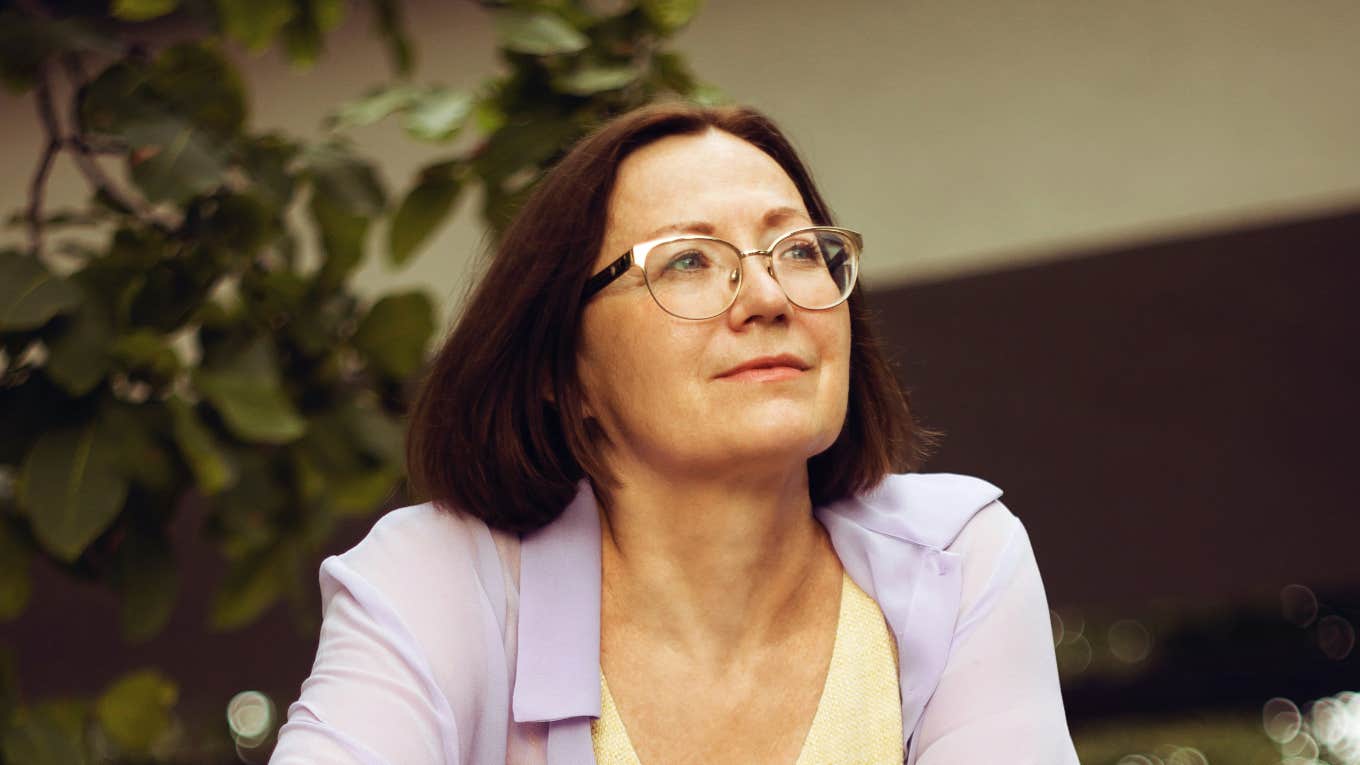Check On Your Friend Who Always Figures Things Out On Their Own
Just because they have it all together doesn't mean they don't need support.
 Maria Lupan | Unsplash
Maria Lupan | Unsplash There's something admirable about people who can overcome adversity and figure things out on their own, no matter what obstacle or challenge they face. They simply adjust and recover before moving on to the next thing. People around them may label these individuals as resilient, but beneath their strong exterior lies a much more sobering reality. That reality is that being strong and resilient can get lonely.
A content creator named Kristen Rae Pucci pointed out that people who tend to land back on their feet might actually lead a more isolating life than others realize. It's important to remember that just because a person doesn't need support doesn't mean they don't want a helping hand now and again.
People who always figure things out on their own often live lonely lives.
"If you're the person that always figures it out and no one had to worry about, you're not going to receive the same amount of empathy as people who can't handle anything," Pucci began in her video. "I had this realization today, talking with one of my friends."
She explained that she noticed how, compared to people who clearly struggle, she doesn't receive as much care and concern from people in her circle, including friends and family. She said it's because she's the person who always seems to have it together and can get herself out of sticky situations without needing a hand to hold.
 Christin Hume | Unsplash
Christin Hume | Unsplash
She's never been the type of person that her family had to worry about, because she's always managed to land back on her feet. Pucci pointed out that she could be going through five times the issues that somebody else is going through, but they will receive empathy over her because they're struggling more.
"You know what? You're never gonna get? You're never gonna get the empathy," she continued. "You skate through life's challenges like it's easy, like it's nothing."
People shouldn't need to be on the brink of a breakdown to receive help.
"Isn't that funny how we receive less empathy simply because we navigate life well?" Pucci inquired. "Why is it that people have to crash out, have a mental breakdown, have a whatever, for someone to reach out and go, wow, you're struggling?"
On the surface, people who always seem to land back on their feet might appear as if they're above needing help, and sometimes, they may even turn away the support altogether. They don't want to be a burden, and they don't want to risk damaging the image that others have of them as capable. But, even if someone seems like they carry all of their struggles alone, it doesn't mean they're above getting help every now and again.
Dr. Shoshana Shea of San Diego Psychotherapy put it simply, "Ever notice how being efficient and competent can sometimes feel like a punishment? Or when no one else is taking responsibility for a task, and the task needed to get done two days ago, and that even though you are screaming 'No!' inside, you absolutely won’t do it this time, the other side of your brain betrays you, and tells your foot to step forward?"
She went on to say, "From an evolutionary biological standpoint, individuals who were able to live in cooperative societies, were able to survive, thrive, and pass on their genes; i.e., our ancestors. So not only is it in our ‘hard wiring’ to say yes without thinking about it, we have many societal and familial reasons to not say no as well. A compliant, easy-going child gets praised, and a ‘difficult,’ more independent one often gets punished and shamed."
That's the curse of being capable of, as Pucci put it, "always landing on your own two feet."
Community is essential for a happy life.
We really aren't meant to go through the trials and tribulations of life without people in our corner backing us up along the way. Even if someone is capable of handling their problems without help, it never hurts to be there for the ones we care about.
"This is for fellow independent people and, you know, high performers, I'm sorry," Pucci insisted. "I'm sorry that you don't get the same empathy that other people do."
And that's really the problem with being too independent. As Dr. Shea noted, "The paradox in all of this is that, in an effort to be helpful and connected, we end up feeling resentful and disconnected." Remember, just because you can do it, doesn't mean you shouldn't let others help. It won't make you weak. If anything, it will bring you joy and companionship. Leaning on others only makes you stronger in the end.
Nia Tipton is a staff writer with a bachelor's degree in creative writing and journalism who covers news and lifestyle topics that focus on psychology, relationships, and the human experience.

